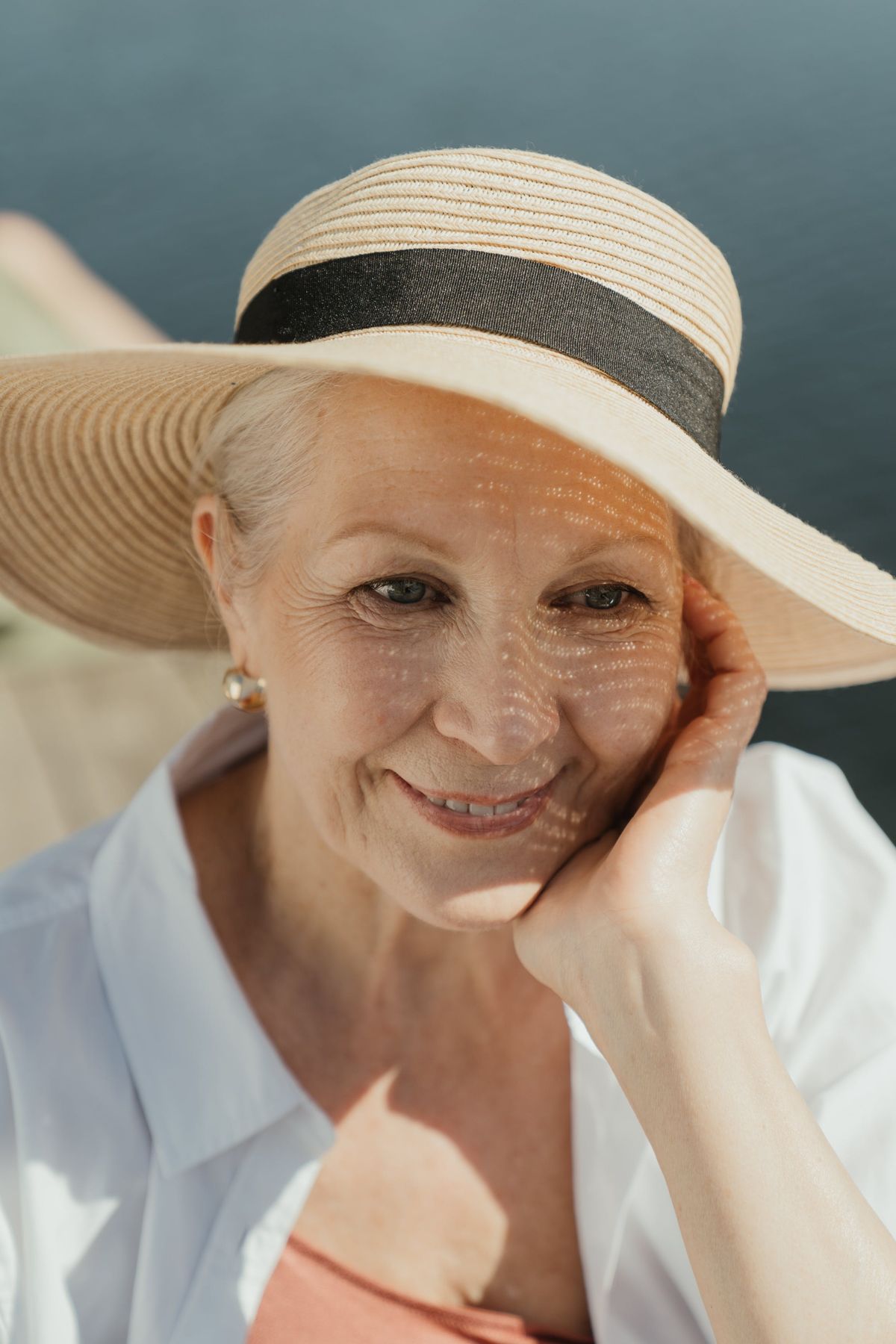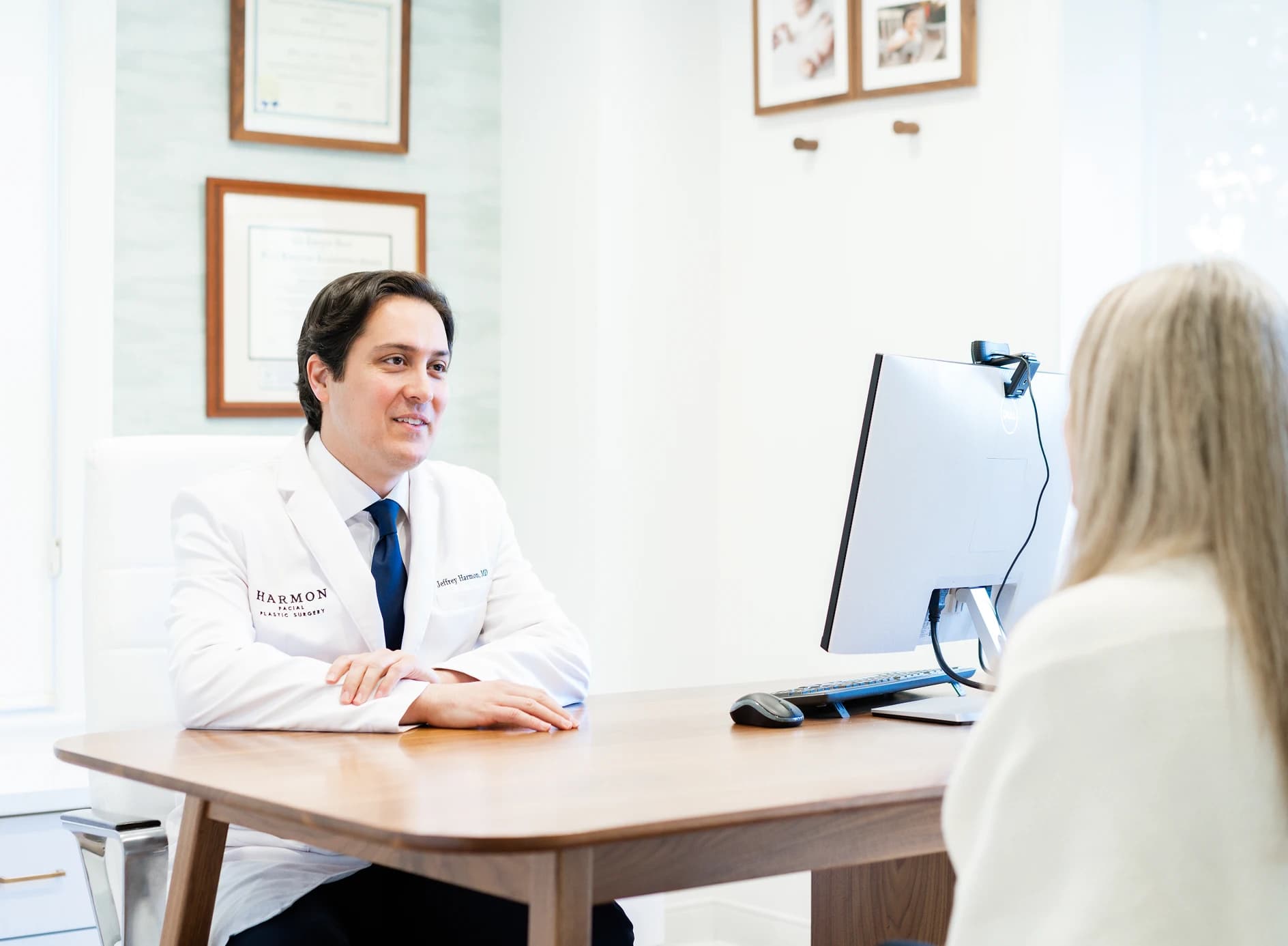
It is challenging to identify skin care products based on strong clinical evidence and a strong safety profile. The skin care products I currently use are not perfect. Therefore, my choices may not be well-tolerated or beneficial to others. Every individual’s skin is different. Consider an evaluation by a dermatologist to help determine the best tolerated, safest, and most effective products for your face. It is important to seek not only a fellowship-trained but also a double board-certified facial plastic surgeon if you have aesthetic concerns about your face and/or neck.
It is Difficult to Identify a Skincare Routine with Strong Clinical Evidence Supporting its Safety and Effectiveness
I and many other physicians find it difficult to assemble strong data to support the effects of many skincare product ingredients. The cost of skin scare products sometimes but do not always reflect their effectiveness and safety. As a result, the products I use that are listed below are not a medical/professional endorsement of the brands or the products specifically. They have simply worked for me personally with little-to-no skin irritation.
The Environmental Working Group (EWG) Has a Guide Called Skin Deep© to Help Consumers Choose Products with a Favorable Safety Profile
EWG is a nonprofit organization founded in Washington, D.C. in 1993 whose stated mission is “to empower you with breakthrough research to make informed choices and live a healthy life in a healthy environment.” While any organization with a lobbying arm and funding from outside organizations – including organic agriculture organizations – should be judged with some level of skepticism, EWG has been consistent in advocating for the removal of harmful chemicals in personal care products consistent with standards established by chemical safety laws in the European Union (EU) and California, which are among the most stringent in the world.
My wife, Fara, and I use an EWG app on our phones when we shop for home cleaning products as well as products for our son, Babak, and daughter, Roya. Fara and I also reference EWG’s Skin Deep© rating system when we shop for our own skincare products. It is not a perfect system, but we feel like it has empowered us to make somewhat better, healthier product choices for ourselves and our family.
However, as you will see below, I do not depend entirely on EWG to make purchasing decisions. For example, some of the most effective ingredients in cosmeceutical products do not pass EWG’s muster. Also, many products highly rated by EWG have a high potential for allergic reaction due to their contents. This needs to be considered with all buying choices. Every individual needs to use their own resources and make their own decisions regarding what products they place on their face.
Skinceuticals© CE Ferulic and The Ordinary© Pycnogenol 5% for Antioxidants
There is evidence for the effectiveness of some topical antioxidants, not only to slow the development of the signs of aging but also to act as a photoprotective agent complementing a mineral sunscreen. As a result, I have chosen to apply antioxidants to my face. Please see a previous blog post discussing the changes that occur in the skin with aging for a more detailed description of the effects of Vitamin C. Pycnogenol is another antioxidant that has long been in use and is derived from a Mediterranean tree bark in France. There is evidence that it can act not only act as an antioxidant but also prolong and recycle the effects of Vitamin C. Neither of the products above have resulted in skin sensitivity and rash for me, though that is a potential risk with the use of antioxidants such as these.
These products are not rated by EWG.
Vanicream© Daily Facial Moisturizer
I have been using Vanicream© moisturizers for many years. I found my son’s skin tolerates one of their moisturizers well. The company's products are inexpensive and can be found at most pharmacies. The Vanicream© Daily Facial Moisturizer blends well into my face and does not cause an itching rash that some moisturizers have caused me with frequent use.
This product is rated 1 (best) by EWG.
Mineral Sunscreen
A mineral sunscreen, meaning a sunscreen with a physical barrier such as zinc oxide, is superior to a chemical sunscreen. A mineral sunscreen provides more effective coverage against both UVA and UVB sun rays than a chemical sunscreen. And some chemical sunscreens in the United States have ingredients that are known or potential carcinogens at high doses. The problem with a mineral sunscreen is that it can be difficult to blend in with the skin and it often leaves the skin feeling caked and uncomfortable. The "right" specific product may differ between individuals.
The Lesson: Skincare is Difficult and Imperfect
The evidence base for cosmeceuticals is generally weak because they are not regulated by the Food and Drug Administration (FDA) like medications. For example, there may be new evidence in the future that one or more of the ingredients in the above products are not beneficial. I work hard to adhere to the most consistent, highest quality, established evidence for the effectiveness of certain products. I also try to avoid the most harmful chemicals as determined by the entities that have passed the strongest chemical safety laws. However, I will likely make changes to this regimen over time with a goal of minimizing what I apply to my skin, though I will likely always apply a mineral sunscreen. I also hope to add a retinol to my regimen in the future.
Trust Your Face to a Facial Plastic Surgeon
It is important to seek a fellowship-trained specialist in plastic surgery of the face and neck when you have concerns about your face and/or neck.
Request a Consultation
Request a consultation with Dr. Harmon at Harmon Facial Plastic Surgery in Cincinnati. Visit our clinic. You will learn more about Dr. Harmon’s credentials, style, and approach. Build a relationship with our dedicated team. Do not stop at searching “plastic surgery near me.” Get in touch with us to learn more!
References
Baumann, L. (2014). Cosmeceuticals and Cosmetic Ingredients (1st ed.). McGraw Hill/Medical.
Disclaimer
This blog post is for educational purposes only and does not constitute direct medical advice. It is essential that you have a consultation with a qualified medical provider prior to considering any treatment. This will allow you the opportunity to discuss any potential benefits, risks, and alternatives to the treatment.

Book Your Consultation
Take the first step toward enhancing your natural beauty by scheduling a personalized consultation with Dr. Jeffrey Harmon. As a double board-certified facial plastic surgeon trained by the pioneer of the extended deep plane facelift, Dr. Harmon offers expert guidance and care. Whether you're considering surgical or non-surgical options, our team is here to support your journey to renewed confidence.